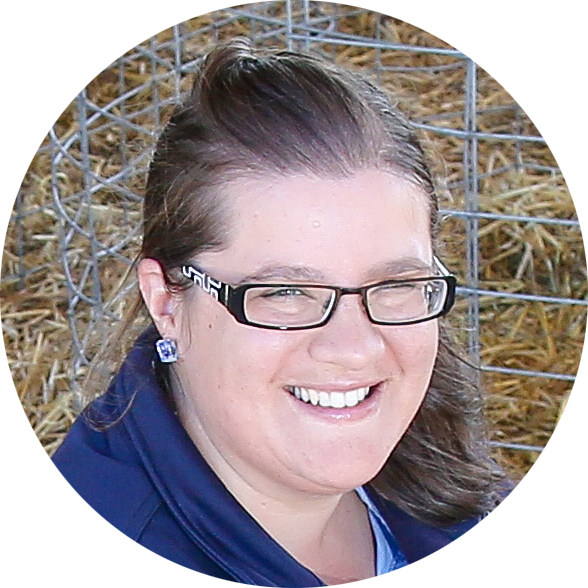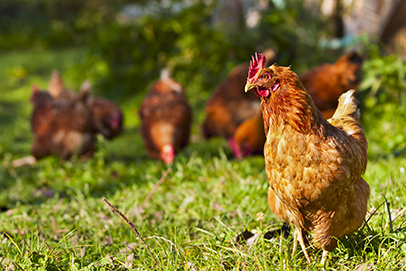Animal biosecurity: does your plan cover birds?
 PRODUCTION ADVICE - OCTOBER 2020 - ANIMAL BIOSECURITY & WELFARE
PRODUCTION ADVICE - OCTOBER 2020 - ANIMAL BIOSECURITY & WELFARE
By Linda Searle
District Veterinarian
P: 03 5881 9919 | M: 0427 629 740 | linda.searle@lls.nsw.gov.au
 Most farmers have a biosecurity plan which covers their livestock such as cattle, sheep and pigs. But what about the other animals on your farm?
Most farmers have a biosecurity plan which covers their livestock such as cattle, sheep and pigs. But what about the other animals on your farm?
Do you have some backyard chooks or ducks? What about some budgies in a cage?
Good biosecurity is also important to keep your birds happy and healthy.
Some good rules of thumb are:
- Source you birds directly from a reputable breeder or producer.
- Quarantine any new birds for a minimum of 30 days to make sure they are healthy. Quarantine areas should be 10 metres away from other birds and have separate food and water dishes.
- Regularly clean and disinfect feed and water containers, don't share equipment with other birdkeepers unless it's been cleaned and disinfected, and clean concrete floors, walls and aviary wire thoroughly.
- Reduce visitors and wear clean shoes and wash your hands to help reduce the introduction of diseases to your birds.
- Monitor the health of your birds daily to try and spot any problems early.
- Separate your birds from wild birds that can spread disease. Bird-proof your chicken coop with wire netting or mesh. 10 mm × 20 mm wire mesh will exclude most wild birds, including small birds like sparrows.
To learn more about poultry pests and disease visit
To learn more about how adequate housing will ensure healthy and happy chooks visit www.dpi.nsw.gov.au/__data/assets/pdf_file/0003/195402/small-scale-poultry-housing-layers.pdf
Tocal College also has plans for the ‘Poultry Penthouse’ available by visiting www.tocal.nsw.edu.au/publications/animals/poultry-penthouse